Welcome to Class 5
In Class 5 (year 6) our priority is to prepare our children for a smooth and successful transition to secondary school. We continue to develop the children's independence in all we do, encouraging them to take responsibility for their own learning and development. This culminates in a final term where we celebrate their achievements in a geography/history field trip to London. The children then act, dance and sing their way through a musical production before we say goodbye in a leavers' service.
At the heart of all we do is our Christian Vision: "Let all you do be done in love."
What to expect in Year 6
Memories and magic
For even the most confident of 10-year-olds (and their parents!), the move into Year 6 can be a daunting time, but it really doesn’t have to be. Being in Year 6 truly is the most memorable time in your child’s primary education. Year 6 is a key moment in your child’s life; they will develop more independence, a huge amount of resilience and, most importantly, they should become very aware of who they are as both learners and as young adults. How can you help your child during this unique and special year?
What will my child do in Year 6?
As in all other year groups, Year 6 follow statutory schemes of learning set down by the government. Children are assessed at the end of the year as to whether they have met the ‘expected’ national standard. At Arnside we do our best to follow these schemes whilst also making our teaching personalised, exciting, creative, and thematic, ensuring that we are making the most of our beautiful village and surrounding environment.
1. Key Stage 2 SATs
Firstly, no guide to Year 6 would be complete without some mention of the SATs – the assessment tasks that all Year 6 pupils sit in May of each year. The results of these will determine whether your child has met the ‘expected’ level in English and maths. In both maths and English, there are a wide range of expectations for the children. Some of the content previously covered in Year 7 in secondary school has now been moved to Year 6.
For maths, this includes things like simple algebra, missing angles in a range of shapes, and pie charts using percentages. In English, the children are now expected to understand how to use a full range of punctuation, to write with a wide variety of sentence structures, use powerful vocabulary, and have generally accurate spelling. There are many more ‘expected’ aspects to both English and maths but these are some of the newer ones. There is no doubt that that the testing will become a focus during the year and at Arnside National School a great deal of work will be carried out to prepare your child for this time. All preparation is done in a well-planned, with a sympathetic approach, where your child will be prepared for the tests without them even realising it. Our greatest aim is to ensure that the stress levels are at their very lowest, with plenty of fun and valuable learning.
2. The wider curriculum
There are many other valuable subjects that are not assessed in the tests which many children excel in – and these are equally as important. In Year 6, the children enjoy a range of topics. We look at coastal landscapes, global warming / climate change, London, Ancient Greeks, World War II to name but a few. It makes for some amazing cross-curricular learning involving art, drama, DT, music, geography, and fabulous English writing activities.
The science topics in Year 6 have recently changed. In evolution and inheritance, your child will get to look at dinosaurs, fossils, genetics, Darwin, and so much more. Other topics include the circulatory system, microorganisms, and light and electricity. Where possible, your child will carry out a variety of scientific investigations during all of these topics, building on the skills they have already acquired. Most children love practical lessons and the opportunity to use scientific equipment.
3. Moving on up
Of course, a big part of your child’s summer term in Year 6 will be preparing for the move to secondary school, a huge milestone in their lives. This may involve going to their new schools, a visit from some of their new teachers, or shared classroom activities. We do all that we can to help with any concerns or questions they have. Your child is guaranteed to have lots of fun in in their last year at Arnside National Primary School.
How can I help my child in Year 6?
1. Help with homework
For parents in Year 6, the most important thing is to continue to help where possible with reading, homework, times tables, and projects whilst stepping back just a little more than in previous years.
Your child will learn during this year possibly more than any other that it is their own hard work and effort that matters, not someone else’s. We will be aiming to help them develop their independence, organisation, and self-motivation in time for the increased demands of secondary school. This stepping back can be tricky for both parents and us as teachers!
2. Keep on reading
As ever, it is still important that your child continues to read, both alone and to you, as much as possible. It is never too late to develop a love of reading. Spend time finding the best books for your child – speak to us too, or a librarian, if this is proving a challenge.
3. Prepare for SATs
You will probably want to support your child in the lead up to the SATs. Working with your child, when needed, will help you see where they need the most support. It is often a surprise to some parents just how much the children are expected to know and just how clever they have become – they may now know more than you!
Key Stage 2 SATs
The National Curriculum assessments, otherwise known as the Standard Assessment Tests (SATs), can seem like a daunting part of your child’s education. However, if you know what to expect, they don’t need to be scary for you or your child!
Below you will find all the answers to parents’ most common questions about the SATs for Key Stage 2. You will also find links to detailed breakdowns of what each test involves and how you can support your child.
This academic year the Key Stage 2 SATs will take place between 9th and 12th May 2022.
What tests do children take at the end of Year 6, and when?
How are the tests marked, and what do the scores mean?
Will my child be given a level?
Are there any example questions I can look at?
What do the tests involve, and how can I help my child?
What tests do children take at the end of Year 6?
There are papers in three subject areas:
-
Reading: 1 paper, 50 marks, 60 minutes total.
-
Mathematics: 3 papers, 110 marks, 110 minutes total.
-
English grammar, punctuation and spelling: 2 papers, 70 marks, 60 minutes total.
In 2022, the Key Stage 2 SATs will take place during the week starting Monday 9th May 2022. Tests are strictly timed, but children will be given breaks between the papers.
-
Monday 9th May 2022: English grammar, punctuation and spelling papers 1 & 2
-
Tuesday 10th May 2022: English Reading
-
Wednesday 11th May 2022: Mathematics papers 1 & 2
-
Thursday 12th May 2022: Mathematics paper 3
How are the tests marked, and what do the scores mean?
At Key Stage 2, the SATs papers are marked externally by trained markers. The mark your child gets in each test is called the raw score (out of 50 for reading, out of 110 for mathematics, and out of 70 for English grammar, punctuation and spelling). This raw score for each test will be translated into a scaled score, which will show how well your child has done against the expected standard.
Children need to achieve a scaled score of 100 to meet the expected standard. Above 100 means they are exceeding the expected standard; below 100 means they are still working towards it. You will receive your child’s raw score and scaled score for each test, as well as confirmation of whether or not they have achieved the expected standard.
what the KS2 SATs scores mean >
Will my child be given a level?
No. The system of levelling related to the previous National Curriculum and has been replaced with standardised scaled scores. The Department for Education has said that the expected national standard score of 100 at Key Stage 2 is roughly equivalent to a Level 4b under the previous system.
Are there any example questions I can look at?
The Department for Education has produced free sample papers for the KS2 SATs >
You can also find free sample questions at Free SATs Skills worksheets page >
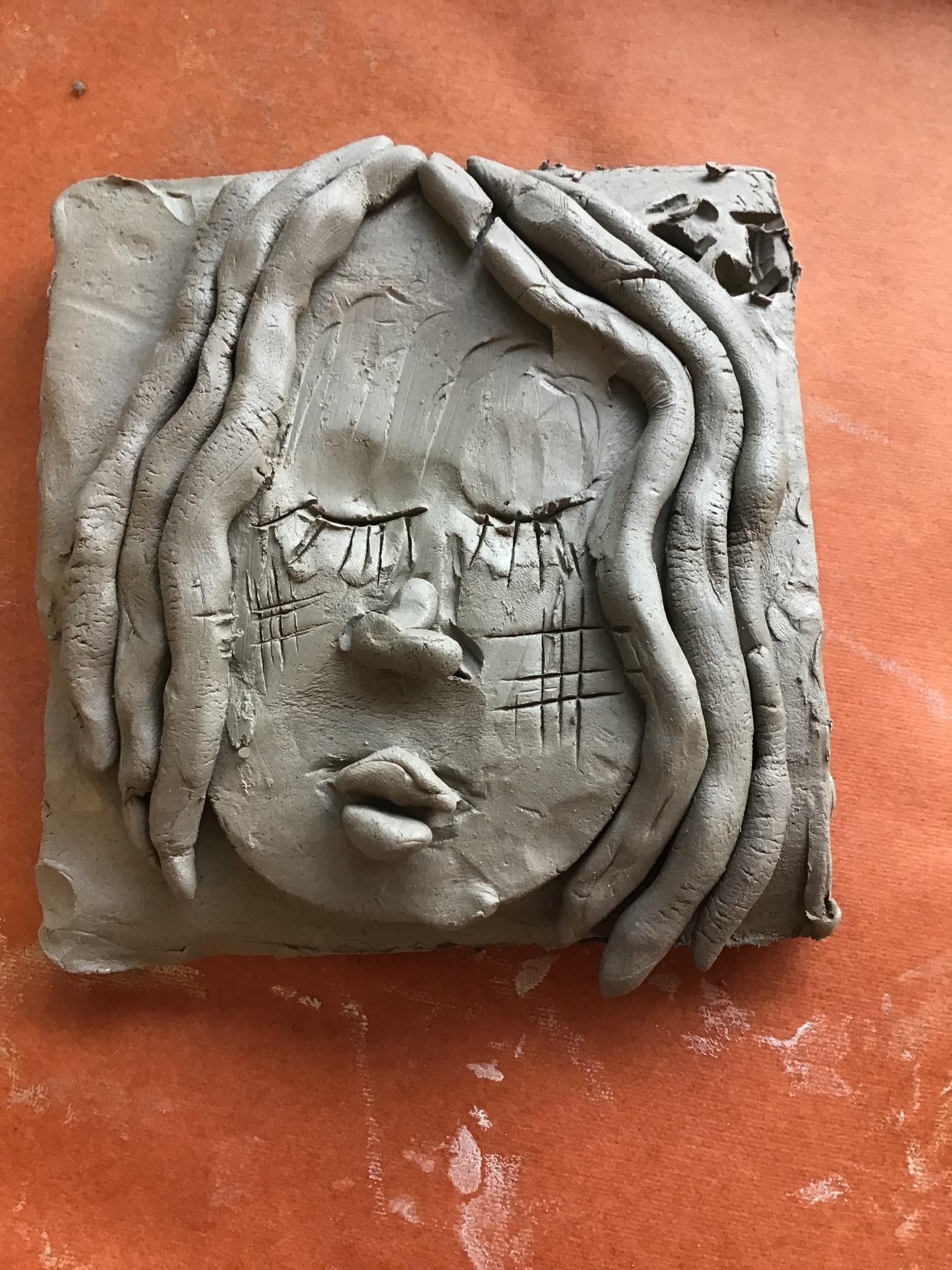
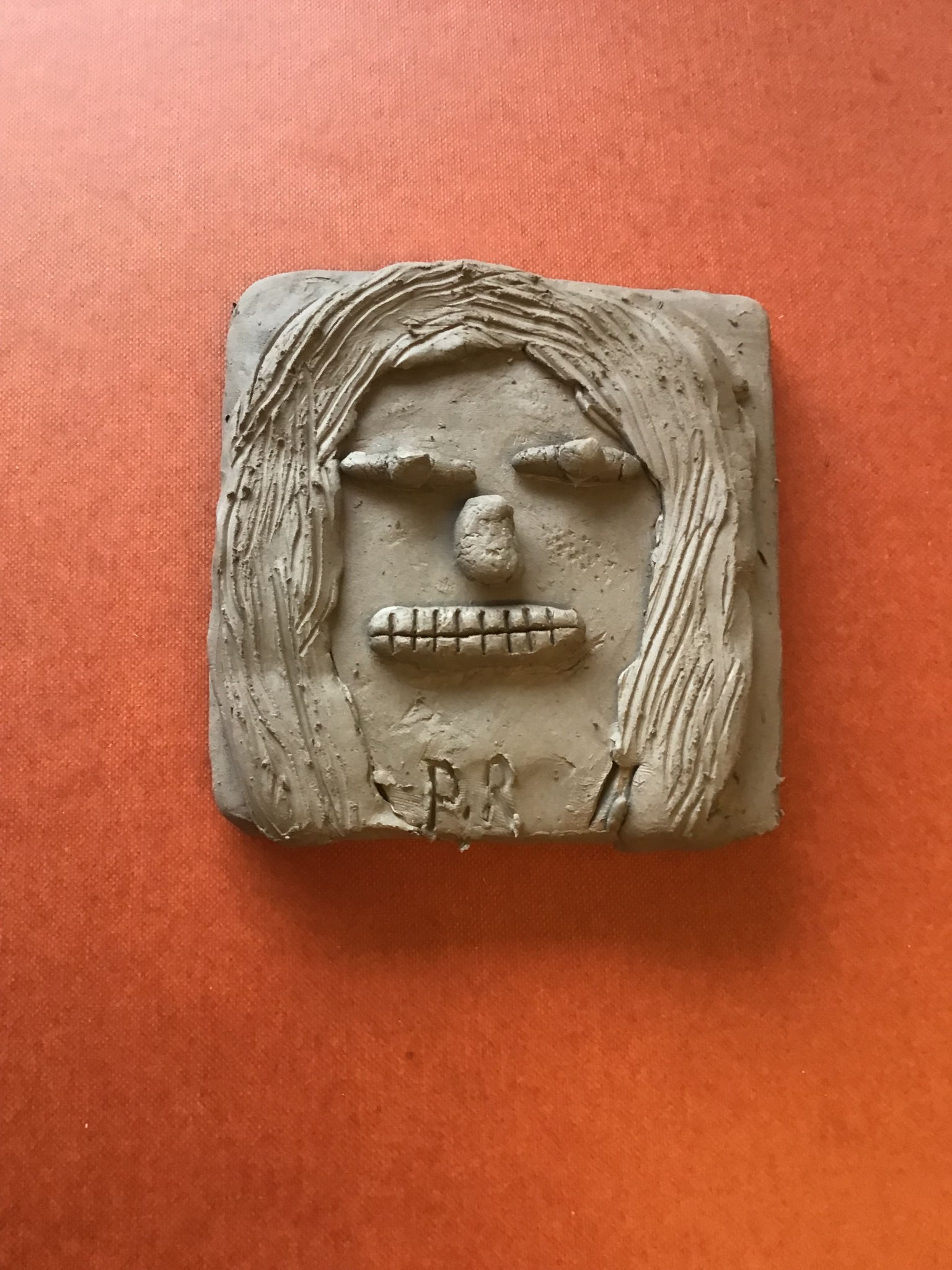
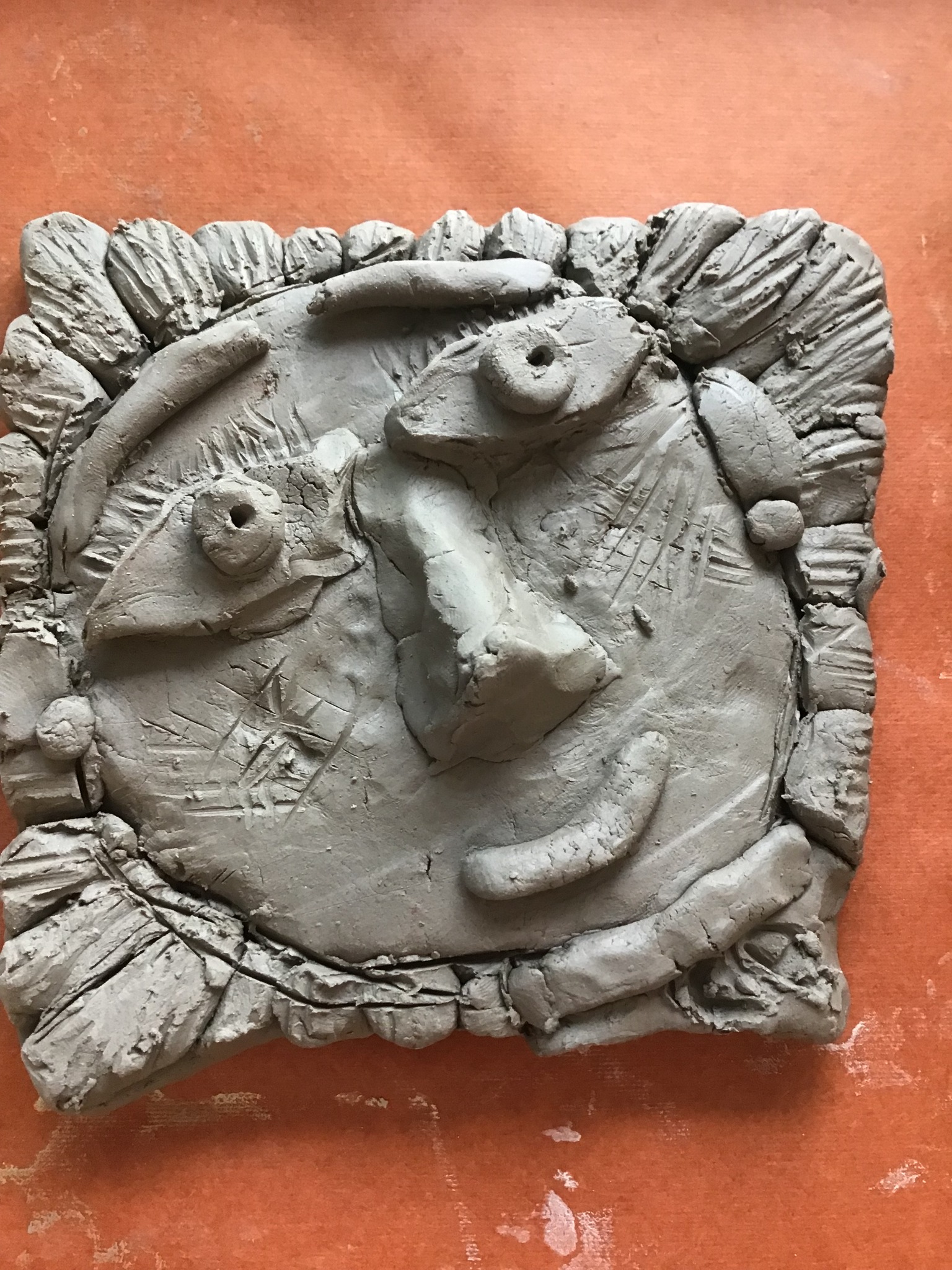
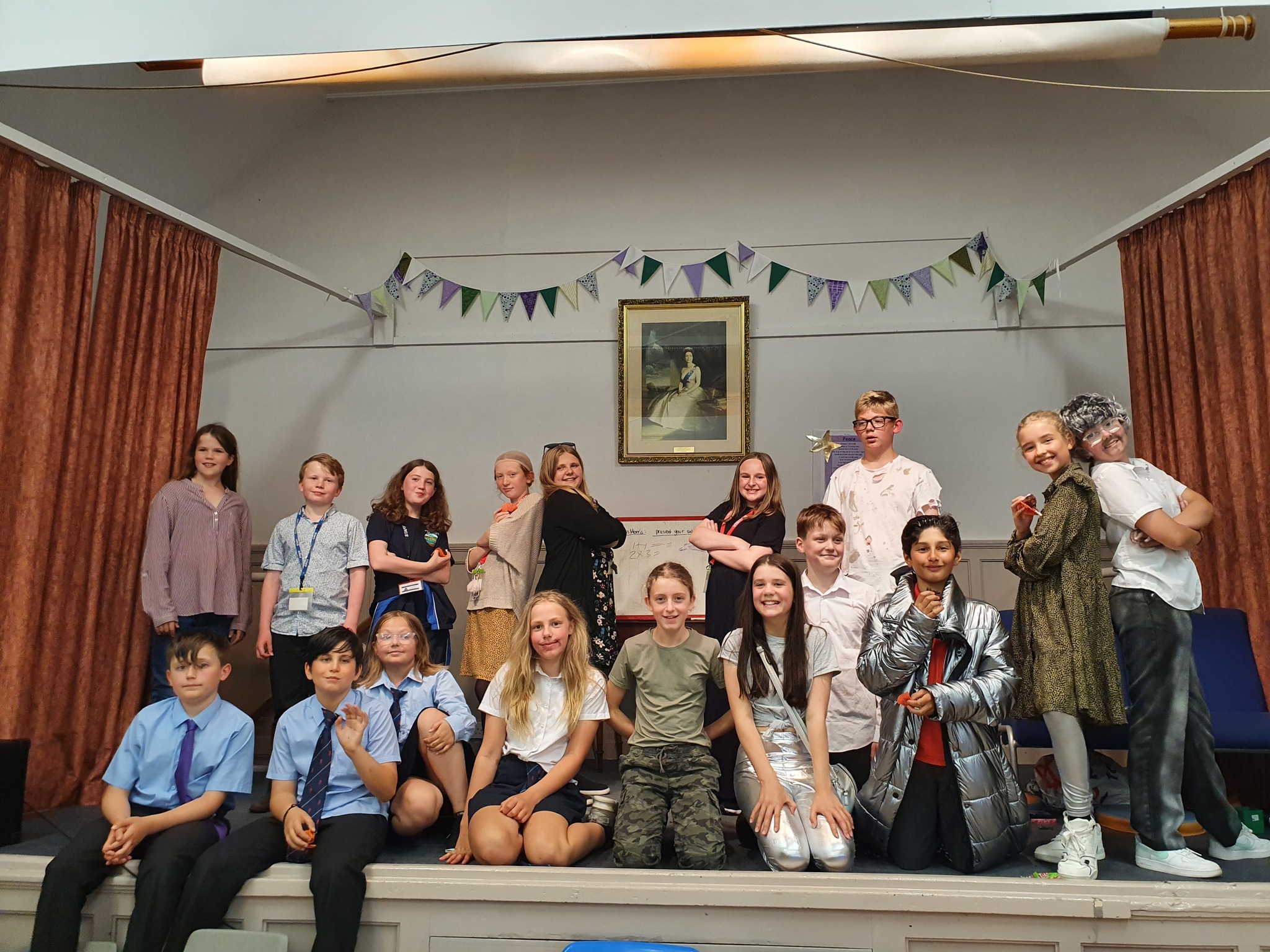


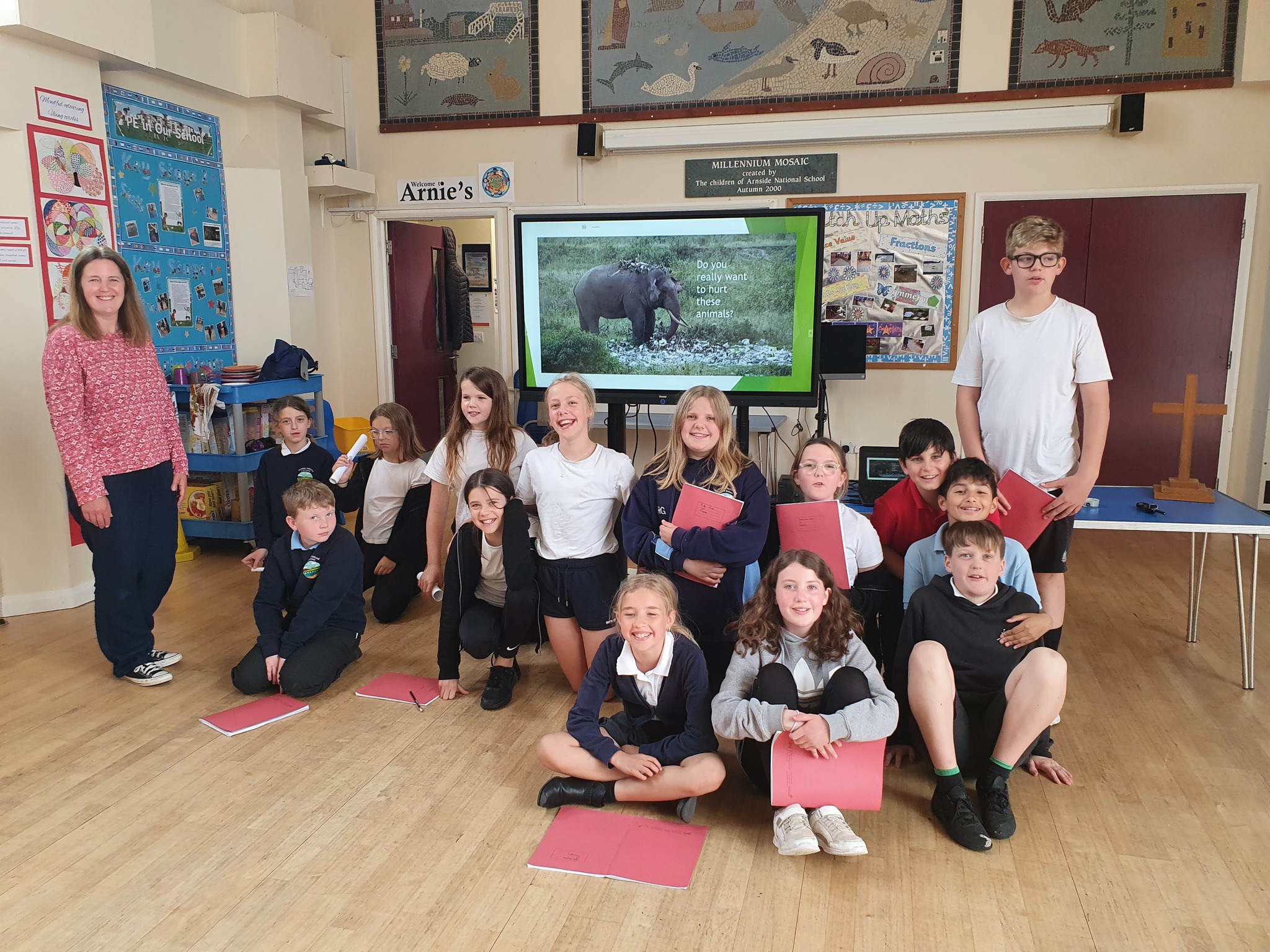
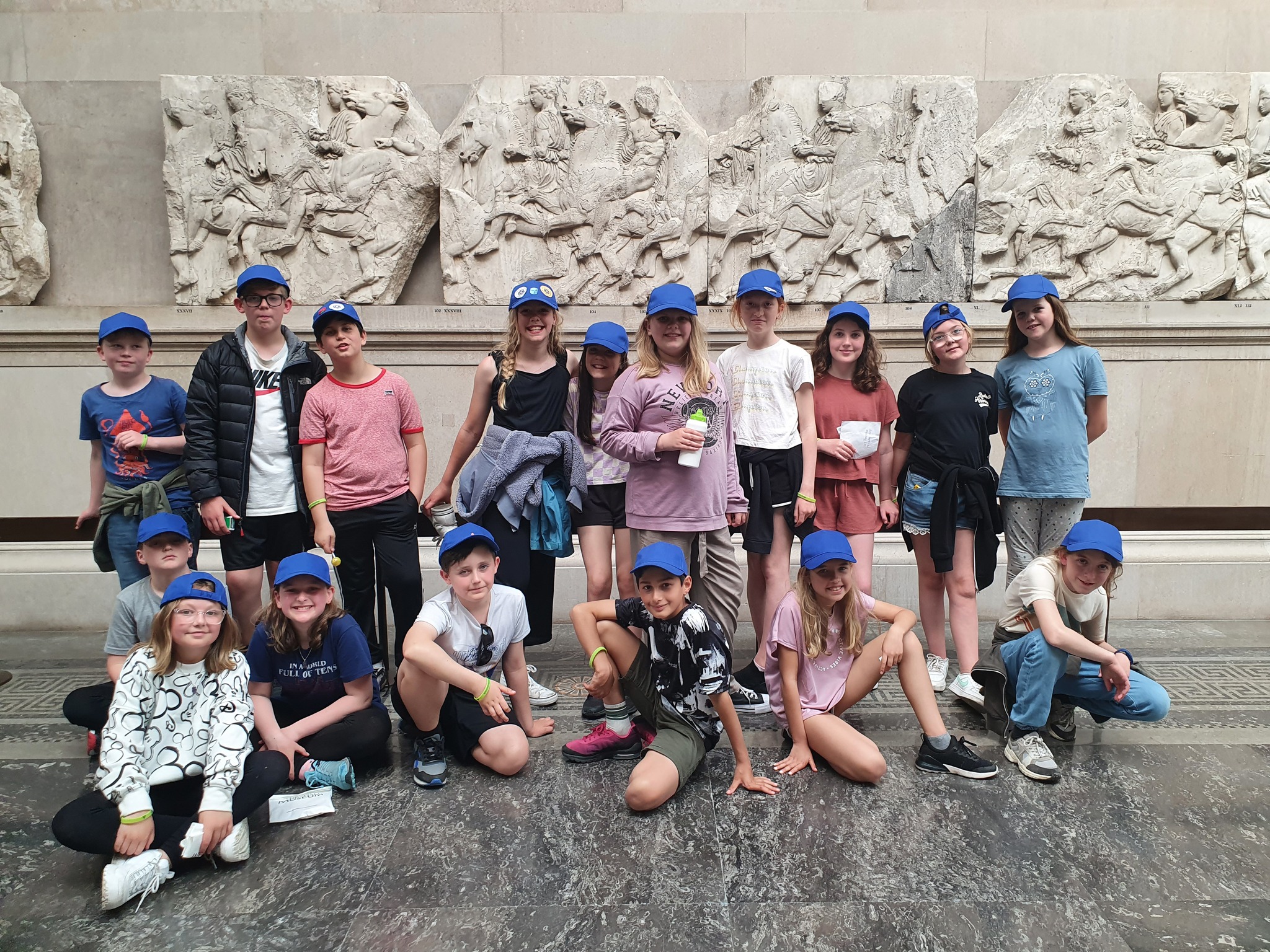
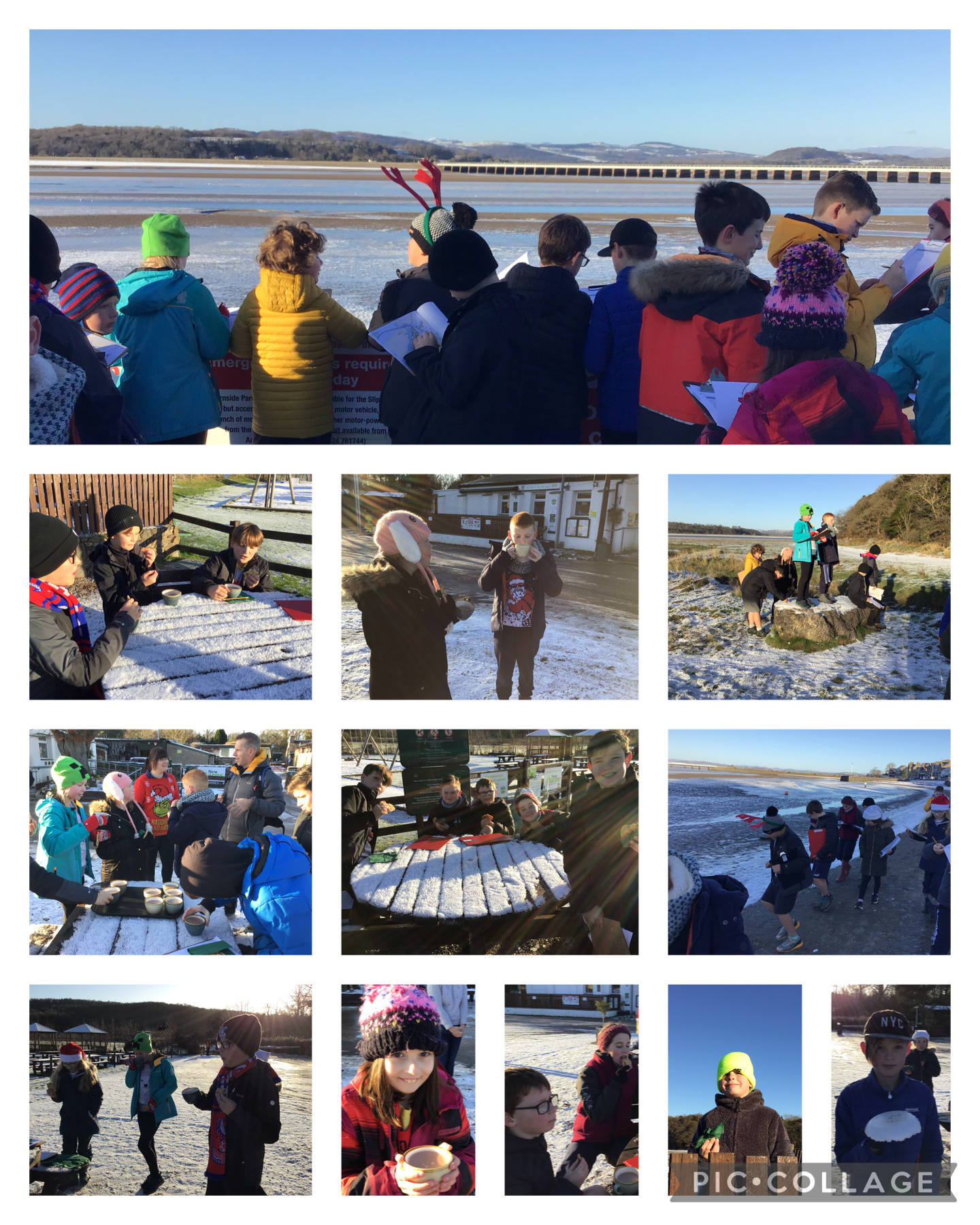

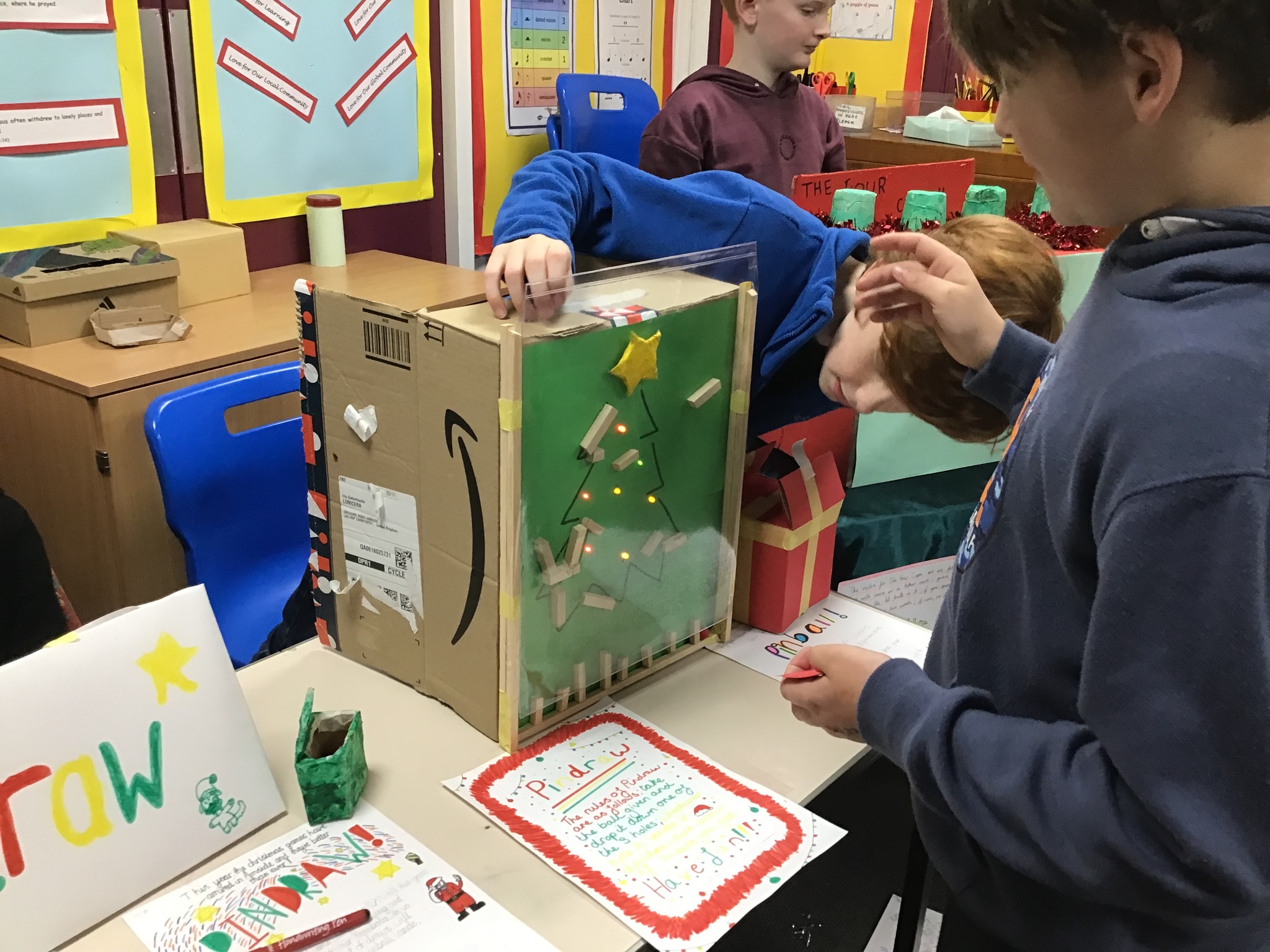
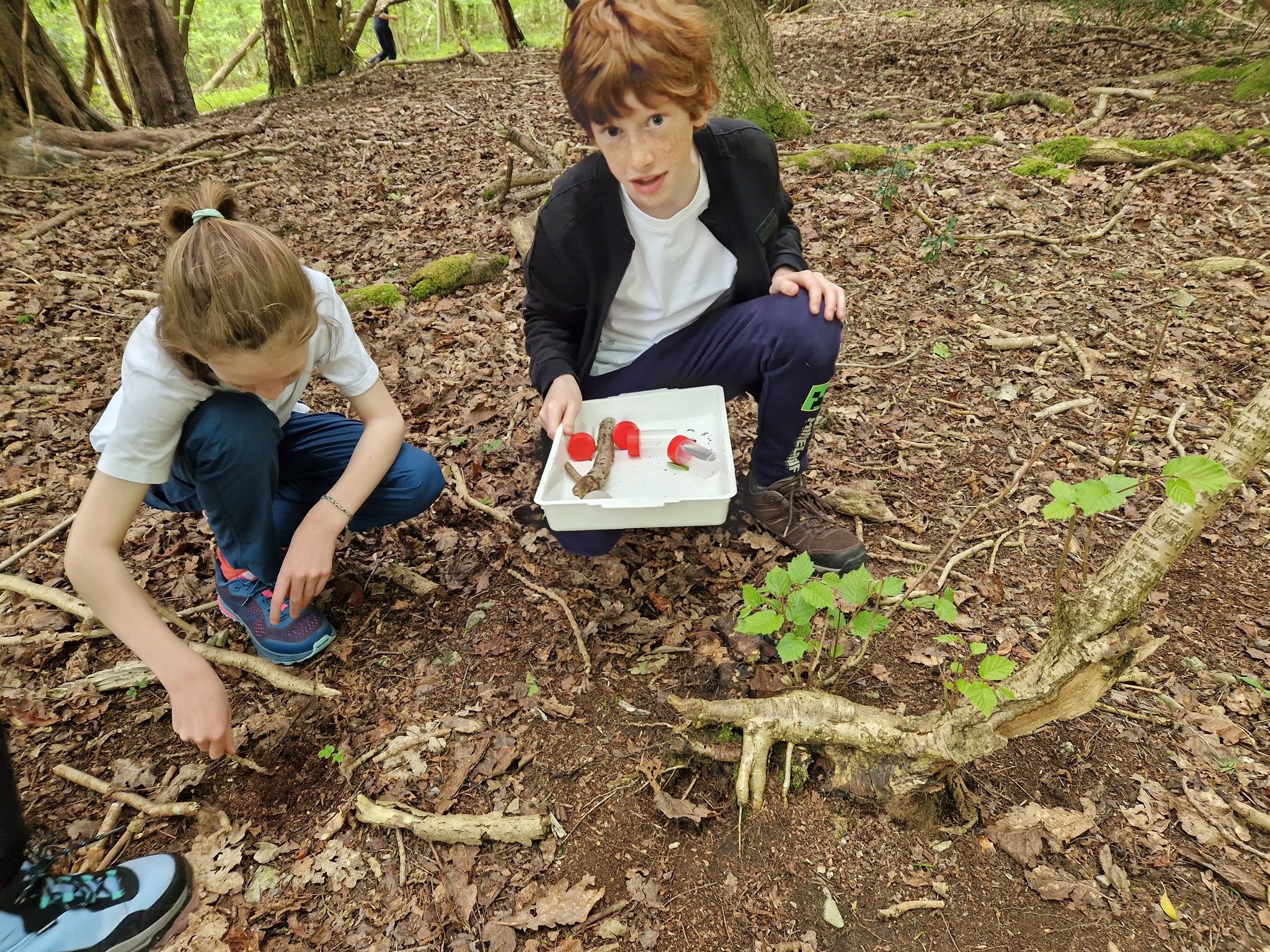
.jpg)





